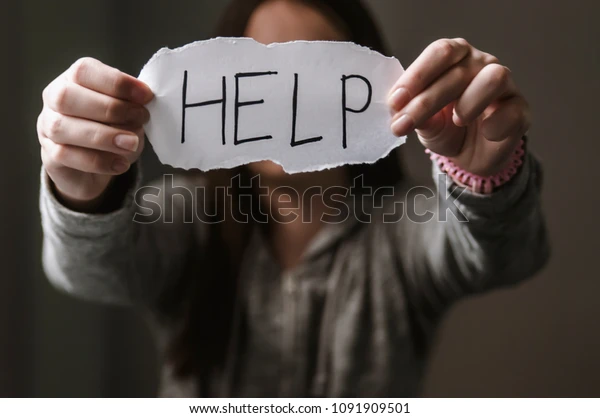
Domestic violence, which is widely known as intimate partner violence (IPV), globally affects 1 out of 3 women in their lifetime. Denmark is considered to be one of the safest countries and was ranked 4, according to Global Peace Index Map.
However, statistics show and prove that to this day the problem of domestic violence in Denmark is still ongoing and outstanding. 12 years ago, in 2010 Danish government released National Strategy to prevent violence in intimate relationships. Unfortunately, statistics barely show any improvement.
“The number of intimate partner’s violence, whether it is psychological, physical or sexual abuse is staying stable since the ’70s and ’80s,” claims Karolina Björg Kristinsdóttir, Analytics and Development specialist at National Organization of Women’s Crisis Center (LOKK).
By Goda Ponomariovaitė
The daughter told a social worker about the abusive father
“My oldest daughter witnessed when her father abused me and she still remembers that: my dad hit my mom, my dad hit me,” our conversation starts Mathilde (the name is changed), who has experienced violent abuse from her long-term partner, with whom they were together for 7 years. Currently living in Copenhagen, Mathilde has 3 kids and claims that everything started after the second child was born.
“I thought it is hard for him to adapt to a new life so he started to show his temper,” she states.

However, as Mathilde says, her husband used physical violence not only against her but also against their children. Everything was seen by her oldest daughter who reported the family issue to a social worker. Therefore, Mathilde was afraid of consequences that can lead to more aggressive husband behaviour.
“We are divorced now for 2 years but my daughter is still afraid of talking with her father. He left bruises on her body,” she points out. Mathilde received help from social workers and now lives together with children. In addition, woman wants to declare that victims who are in abusive relationships prefer to stay silent, however, the best decision is to seek help.
The inspiration came from personal experience
To approach the problem of intimate partner violence in Denmark is a routine for 23-year-old sociology student Cathrine Berendt Andersen. During the lockdown of COVID-19, she established “Kvinde Kend Din Statistik” (Woman know your statistics) page on Instagram, where she shares shocking numbers related to gender-based violence globally and in Denmark.
As she claims, when studying sociology, she has seen striking numbers of domestic violence in Denmark so she decided to share the first post in “Kvinde Kend Din Statistik”. When I asked this young woman about the inspiration for this project, she claimed:
“I was raped when I was 15. After this experience I realized that I need to raise awareness of gender-based violence issue.”
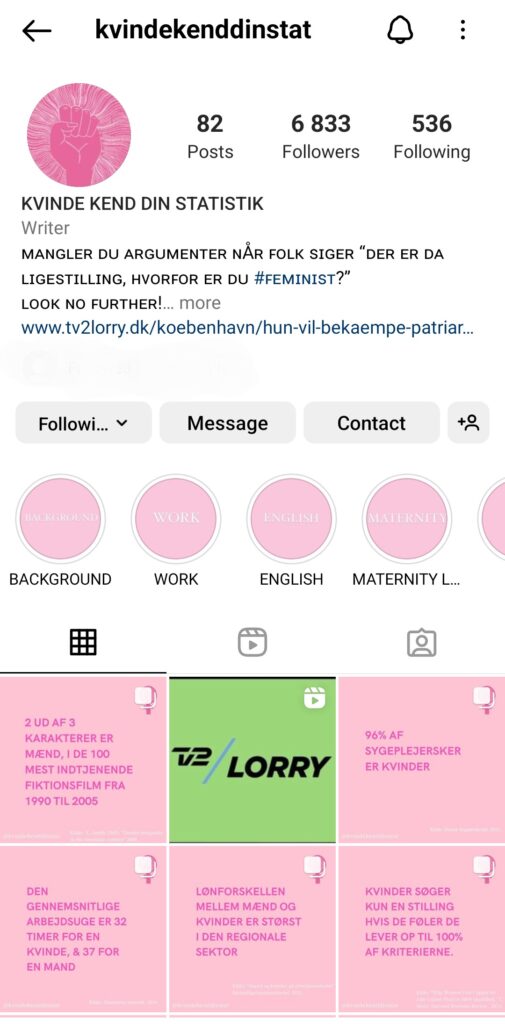
The topics Cathrine covers on her page are related to rape, the safety of women, and intimate partner violence.
“I use official and reliable numbers from Denmark’s Statistics and United Nations Women when I talk about global facts’, she states. Therefore, Cathrine receives a vast amount of messages every day where women share their experiences of different types of abuse or stalking.
“I always support the victims and share the relevant contacts. They can call me and cry on my shoulder, however, I am not an expert,” points out the founder of “Kvinde Kend Din Statistik”. Moreover, the comments and received messages prove that this topic needs to be discussed.
“Every time I share statistics on Instagram, people comment and message me: Wow, that’s crazy, I didn’t know that,” she claims. The young woman thinks that the best way to deal with the issue is to organise a national agenda where different types of experts could create a plan for how to fight it and create a safe environment for women.
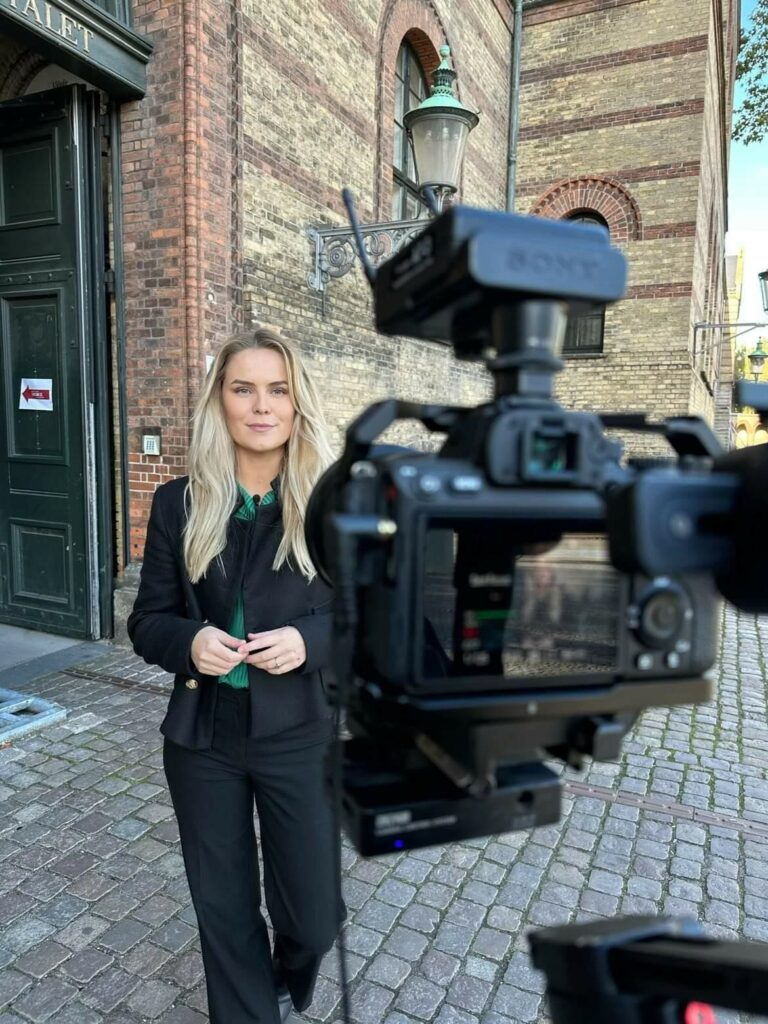
Women’s shelters and crisis centres receive thousands of calls every year
In regards to domestic violence issues in Denmark, women who have experienced abuse can call different hotlines and seek help in women’s shelters. Maria Edelbo Lillie, a social worker in Danner, a Women’s rights and feminist organization, opens up about the main goal of their work – to create respectful norms and up-to-date legislation that gives women and men the same rights.
“Danner works to end domestic violence both nationally and internationally for a global society based on equality and respect,” Maria Edelbo Lilie states. However, last year Danner received 2766 calls from women who were seeking support and guidance.
Denmark provides a national hotline where victims of abuse can anonymously call and receive needed help 24/7. The Lev Uden Vold (Live without violence) produces knowledge of domestic violence and educates other professionals on the topic of domestic violence. Furthermore, Lev Uden Vold received 4521 calls in 2021, around 12 calls per day. A specialist in clinical psychology and psychotherapy Mia Lind Winther depicts the most common abuse form in Denmark.
“From our calls, we see that 61 % of abuse is psychological, then less frequent is physical abuse. About 10 % of victims call to report sexual abuse,” an expert claims.
Victims experience post-traumatic stress and suicidal thoughts
After experiencing abuse, victims suffer from low self-esteem, anger, post-traumatic stress, anxiety and even suicidal thoughts, according to studies. The COVID-19 lockdown made the situation worse because of the isolation and financial instability. Psychologist in The Centre of Raped Victims (“Center for voldtægtsofre”) in Aarhus Hospital Britt Møller Christensen provides psychological treatment for raped victims.
“We have different types of doctors, including psychologists, nurses and gynaecologists. Usually, we provide a fast contraception pill for raped victims and free psychological treatment,” she claims.
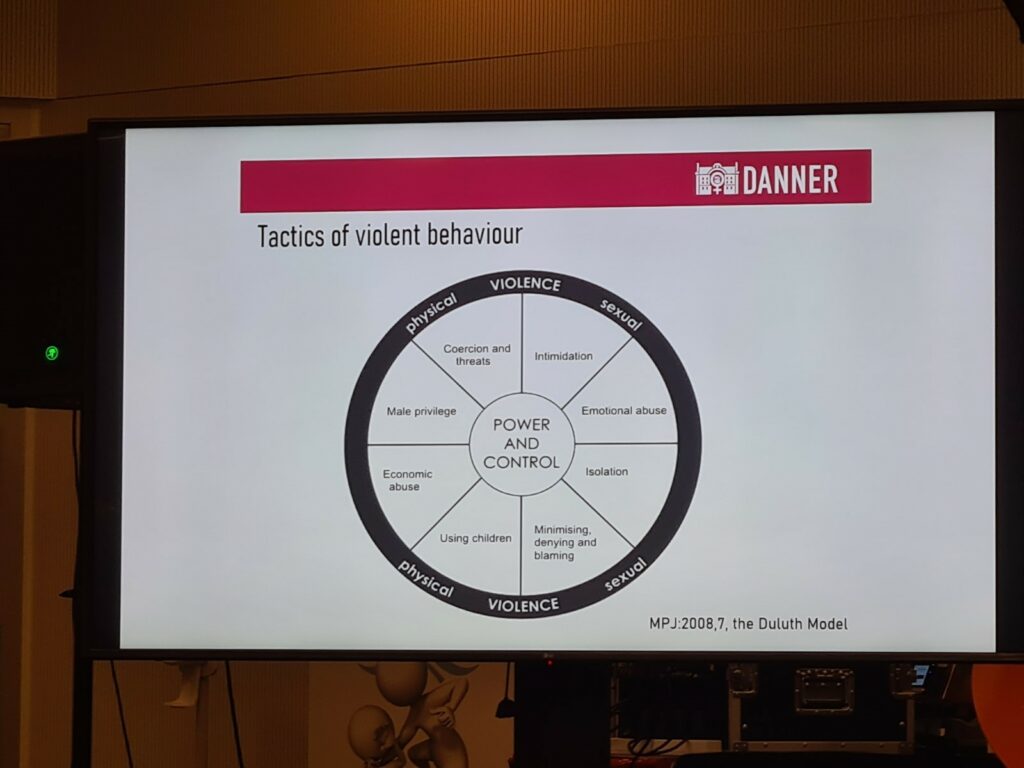
When asked how long after the incident it is necessary to contact the centre, the psychologist assures that a victim can visit the centre even after 2 years. The treatment can be received successfully if a victim still experiencing flashbacks and memories which are related to the incident.
“Our one condition is that you cannot be in a relationship with a person who raped you,” the expert points out. However, no matter how many years passed, victims can develop post-traumatic stress which leads to different kinds of mental health issues. “Most of the victims undergo unpleasant flashbacks, mood swings, nightmares, and insomnia. Some of them suffer from unusual behaviour like extensive drinking, driving fast or have suicidal thoughts,” she states.
What could be done to protect women?
“Collaborating with non-governmental organisations, as well as member states and civil society, the private sector is a very important role that UN Women have,” says Caroline Rusten, Director of the UN Women Nordic office. On December 6th UN Women in Denmark organised an event about transforming masculinity norms to fight violence against women in order to protect them and raise awareness of this issue.
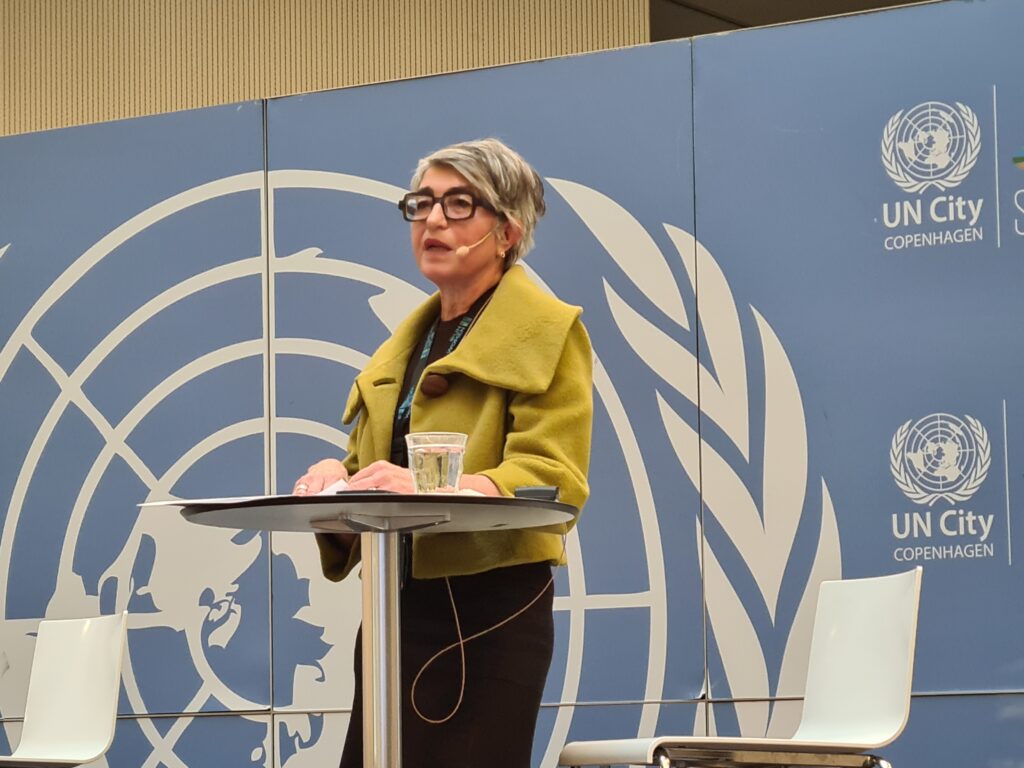
Every year UN Women organise 16 days of Activism against gender-based violence to involve NGOs, victims and activists to prevent violence against women. According to the newest UN Women statistics, more than 5 women or girls are killed every hour in their own families globally. As Caroline Rusten claims, the best solution to this issue in Denmark is to spread awareness and work on gender equality.
